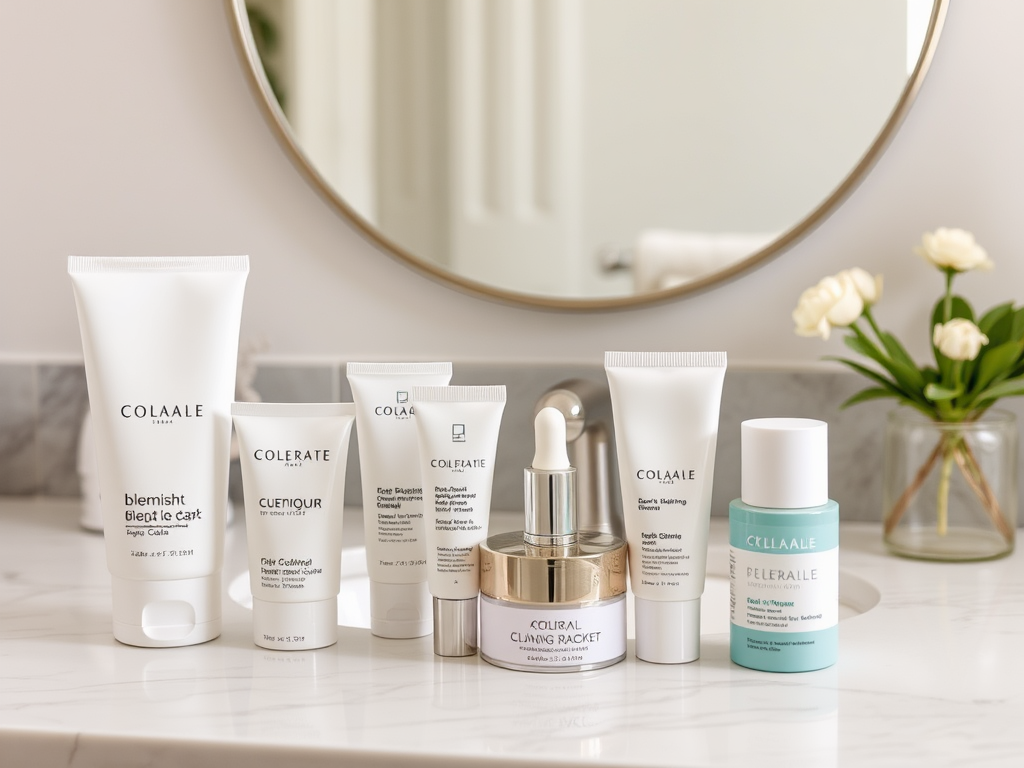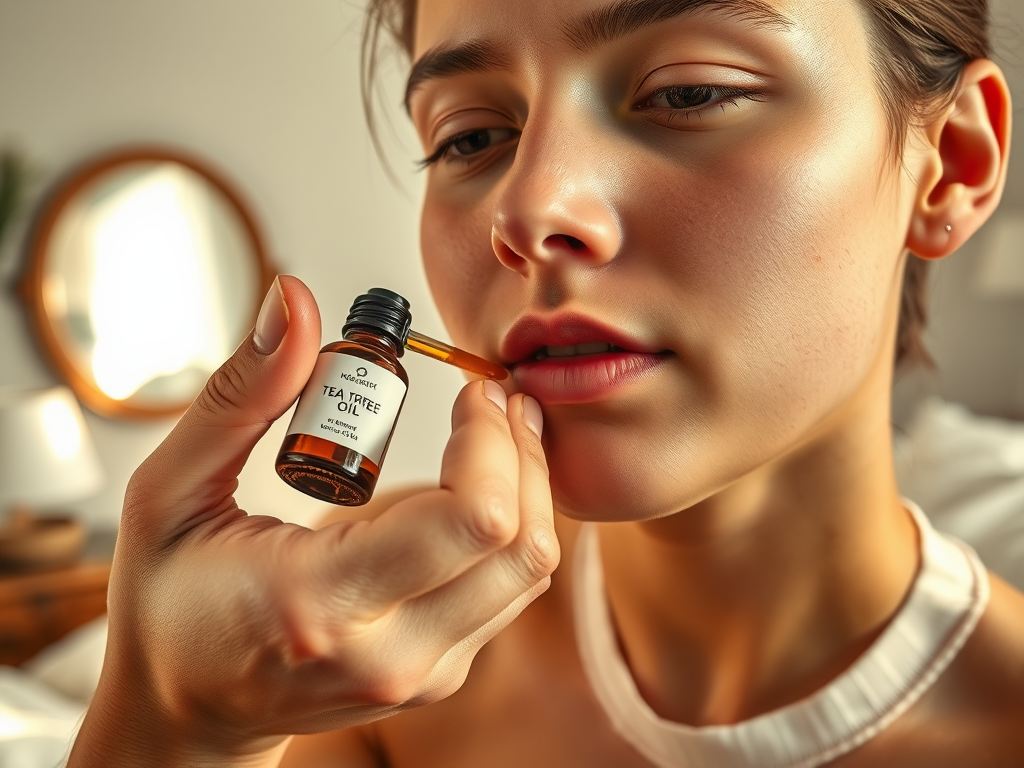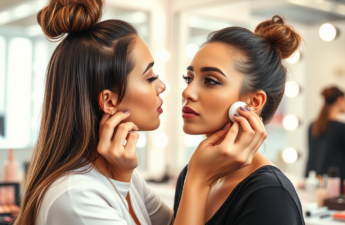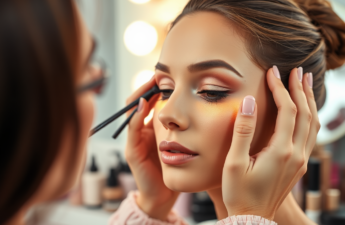Blemishes can be a source of frustration for many individuals. They often appear unexpectedly, leaving us searching for solutions that can restore our skin’s natural beauty. Whether it’s acne, blackheads, or whiteheads, understanding how to effectively treat and prevent these imperfections is essential. Clear skin is not just about aesthetics; it can influence our self-esteem and overall confidence. Therefore, taking a proactive approach is key. In this guide, we’ll explore the myriad of ways you can manage and treat blemishes, ensuring a step-by-step plan for better skin health.
Understanding Blemishes: What They Are and Why They Occur

Blemishes are skin imperfections that manifest in various forms, primarily due to clogged pores and overproduction of oil. They can be caused by a myriad of factors, including genetics, hormonal fluctuations, lifestyle choices, and even environmental influences. Recognizing these variables is vital for effective treatment. The most common types of blemishes include:
- Acne: Characterized by inflamed spots and cysts
- Blackheads: Open pores filled with excess oil and dead skin
- Whiteheads: Closed pores that appear as small white bumps
Some external elements like pollution and UV exposure can exacerbate these issues. Understanding the specific type of blemish helps determine the best treatment options. You may find that personalized solutions yield better and faster results. This foundation is crucial for devising an effective skincare regimen.
Essential Skincare Routine for Blemish Prevention

To keep blemishes at bay, establishing a consistent skincare routine is essential. This routine should include gentle cleansing, exfoliation, and proper moisturization. Begin by washing your face with a pH-balanced cleanser that won’t strip your skin of its natural oils. It’s important to wash your face at least twice a day to remove dirt and oil build-up. The frequency of exfoliation can vary, but it is generally recommended to exfoliate 1-3 times a week depending on your skin type.
| Skincare Step | Purpose |
|---|---|
| Cleansing | Removes dirt and excess oil |
| Exfoliating | Removes dead skin cells |
| Moisturizing | Maintains hydration and barrier |
| Sunscreen | Protects against UV damage |
Finding the right moisturizer tailored to your skin type is essential, as it helps maintain the balance of moisture without clogging pores. Besides, using a broad-spectrum sunscreen daily can help prevent additional skin problems and block harmful rays which can aggravate blemishes. Consistency is critical; excellent results require commitment to your skincare routine.
Home Remedies for Treating Blemishes
Sometimes, nature provides the best solutions. Home remedies can be effective in treating blemishes without the use of harsh chemicals. Natural ingredients such as tea tree oil, honey, and aloe vera offer beneficial properties to reduce inflammation and promote healing. For instance:
- Tea Tree Oil: Apply diluted tea tree oil directly on the blemish using a cotton swab.
- Honey and Cinnamon: Create a paste and apply it to affected areas for 10-15 minutes.
- Aloe Vera: Use fresh aloe vera gel as a soothing treatment.
Additionally, adapting your lifestyle can significantly contribute to healthier skin. Consider adopting a balanced diet rich in antioxidants, staying hydrated, and managing stress levels through yoga or meditation. Small changes in daily habits can yield significant long-term results, elevating your journey toward blemish-free skin.
Over-the-Counter Products for Blemish Treatment
When natural remedies don’t suffice, it’s essential to explore over-the-counter (OTC) options that can provide more powerful ingredients for blemish treatment. Some widely recommended solutions include:
- Benzoyl Peroxide: Known for its antibacterial properties, it can reduce redness and inflammation.
- Salicylic Acid: Helps to exfoliate the skin and unclog pores effectively.
- Retinoids: Promote rapid skin cell turnover, which can help clear existing blemishes.
Each of these options has unique benefits, and while they can be effective, it’s also essential to understand how to use them properly to avoid skin irritation. Be mindful of what works best for your skin type and individual needs. Finally, if you notice persistent or severe blemishes, consulting a dermatologist is advisable.
Conclusion
In summary, treating blemishes involves a multi-faceted approach that combines prevention, home remedies, and potential medical treatments. Recognizing the type of blemish is fundamental to choosing the right treatment options. Establishing a consistent skincare routine tailored specifically for your skin ensures you are nurturing it effectively. Additionally, incorporating home remedies and possibly over-the-counter treatments can contribute significantly to clearer skin. Remember, it may take some time to see results, but with patience and persistence, you can achieve the skin you desire.
Frequently Asked Questions
- What causes blemishes on the skin? Blemishes can be caused by excess oil production, clogged pores, hormonal changes, and environmental factors.
- How can I prevent blemishes? Maintaining a consistent skincare routine, using non-comedogenic products, and managing stress can help prevent blemishes.
- Are there quick remedies for treating blemishes? While results vary, some quick remedies include applying ice to reduce swelling or using benzoyl peroxide spot treatments.
- How long does it take to see results from acne treatments? Results can typically take several weeks to a few months, depending on the treatment and individual skin response.
- Is it safe to pop a blemish? It is generally not recommended to pop blemishes, as this can lead to scarring and further infections.



